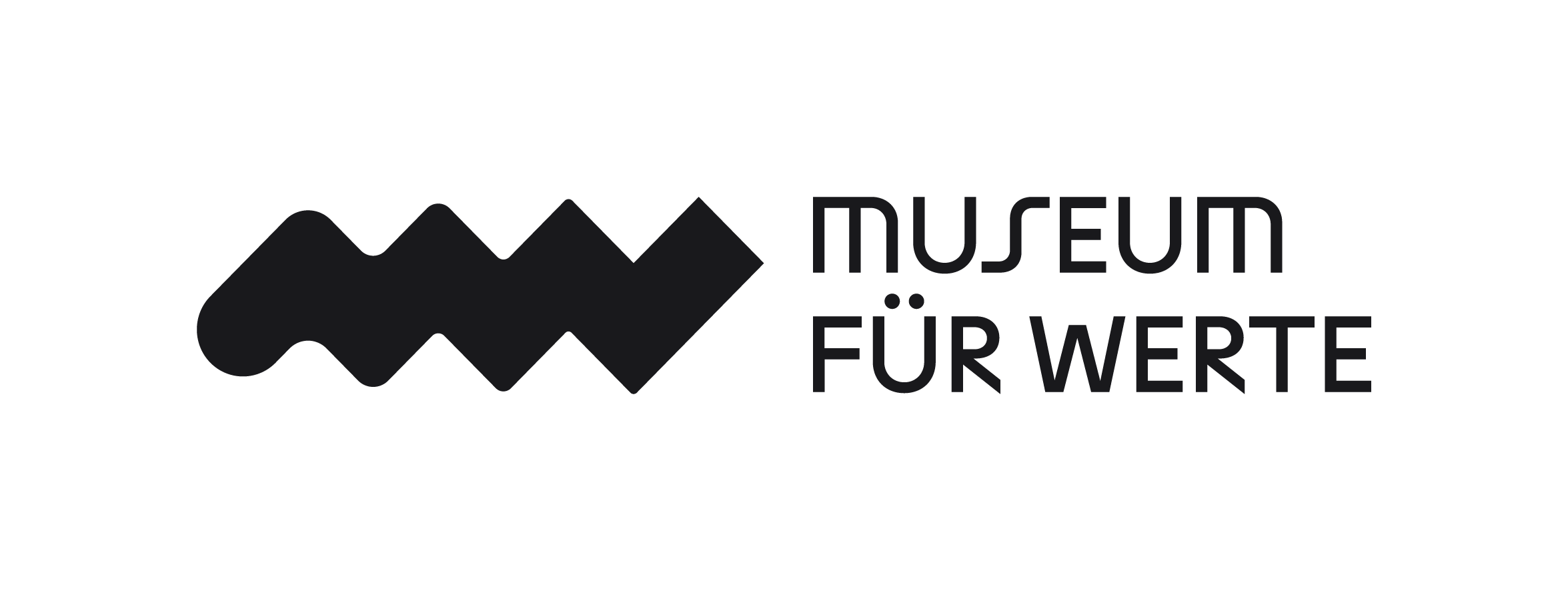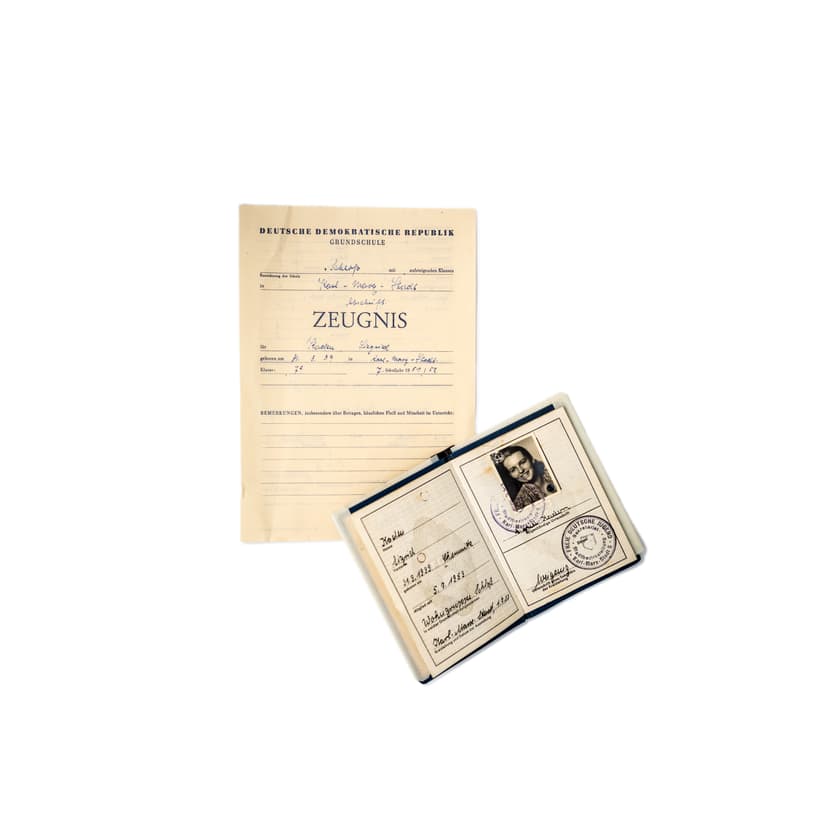We live in the community of Wachtberg on the left bank of the Rhine. In the fall of 1989, my wife and I, with three school-age and preschool-age children, took in two young men from Mecklenburg-Western Pomerania. The two had emigrated to the West via Prague. The neighboring gymnasium was overcrowded at the time, so the community was looking for private accommodations. We talked a lot with our guests, and my wife and I learned a lot from these conversations. Thirty-one years later, we are still in cordial contact with one of them, who stayed and found happiness in our region. In 1989/90, there were quite a few people in the West who assumed that those who had left the GDR had base material motives. Even today, some people thoughtlessly refer to them as "runaways" or "fugitives from the Republic." I contradicted such people then, and I still do today. The people who had emigrated were heroes, whom we don't perceive as heroes. That is a mistake. It takes a great deal of courage and fortitude to leave one's homeland, to burn one's bridges behind oneself, and to dare to make a new start in a foreign land. "Don't wait for better times!" (Wolf Biermann) Everyone has the right to follow this call and leave – even if doing so triggers a political avalanche. That's exactly what those who left did, whether intentionally or unintentionally. – Why is this still important today? Because it helps me see today's many refugees through different eyes. This isn't about the political question of how to regulate migration sensibly. It's about, first and foremost, having respect for people who had the courage to flee. My picture shows an old ink drawing of my home village. For me, the picture symbolizes home – and at the same time, what one says goodbye to when fleeing. At the end of the 1980s, I worked in IT organization at VEB Textima-Elektronik. A large circuit center was to be built to produce the GDR's first 1-megabit memory. Construction work was in full swing, the buildings were already complete, and the utilities (air, water, and electricity) were connected. My job and that of my colleagues was to formalize the business processes and represent them in simple programs for accounting and statistical purposes. With the fall of the Berlin Wall, all of this was no longer of any use. Megabit storage had long been available on the global market, and our "programs" would hardly have elicited a tired smile from anyone. In July 1990, part of the workforce was put on short-time work (0 hours), my colleague and I were among them. I found that quite unfair – why not our colleagues? But there wasn't much time for complaining. My husband had set up a small project at Chemnitz University of Technology with colleagues and students and was now seizing the opportunity to start his own business.



